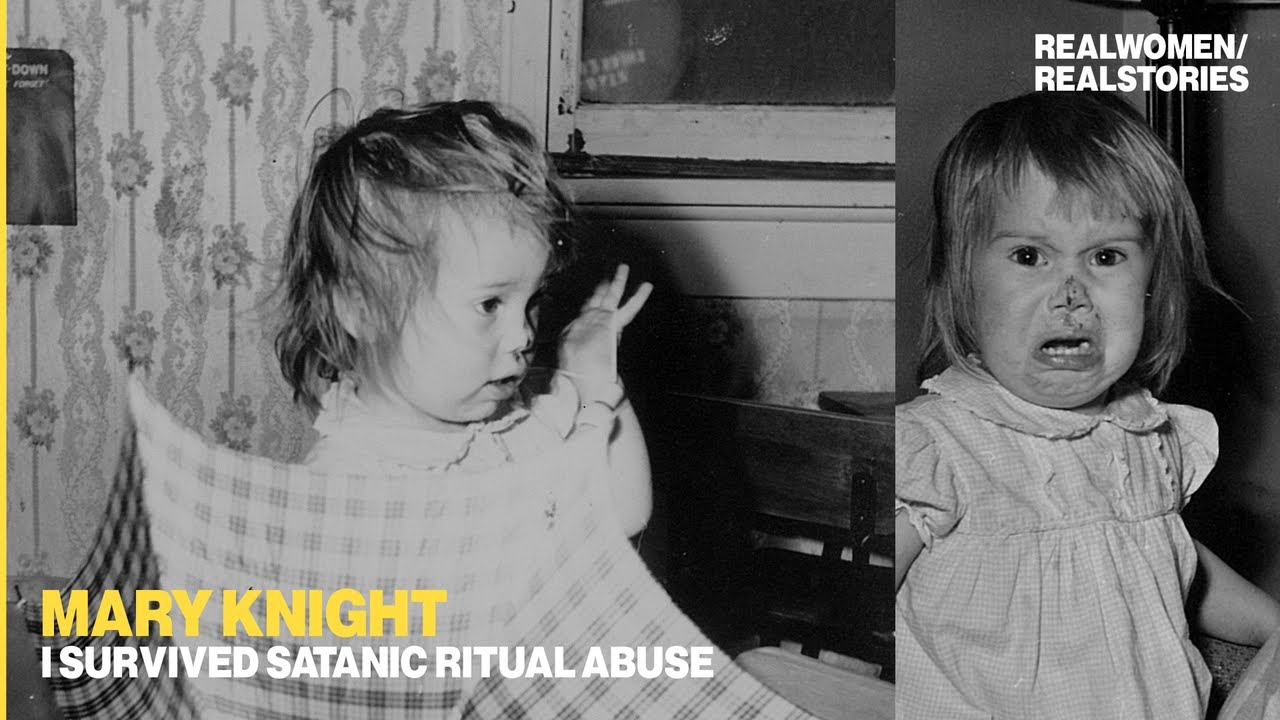SRA Survivors Therapy: Comprehensive Guide to Healing and Recovery

Strong 8k brings an ultra-HD IPTV experience to your living room and your pocket.
Introduction to SRA Survivors Therapy
Survivors of Satanic Ritual Abuse (SRA) face unique challenges due to the intense psychological, physical, and spiritual trauma they endure. Addressing their specific needs requires a tailored therapeutic approach. SRA Survivors Therapy aims to facilitate recovery and healing by employing a multifaceted treatment approach, including trauma-informed care, cognitive behavioral techniques, and holistic practices.
What is Satanic Ritual Abuse (SRA)?
SRA involves organized abuse often characterized by ceremonial, ritualistic practices. These acts inflict severe physical, emotional, and spiritual harm, leaving survivors with deep-seated trauma. Victims may experience:
- Chronic PTSD
- Dissociative Identity Disorder (DID)
- Depression and anxiety
- Memory repression
The Effects of SRA on Mental Health
Victims of SRA often develop maladaptive coping mechanisms and suffer from distorted cognitive perceptions. This results in pervasive emotional and psychological challenges that can manifest as:
- Chronic guilt and shame
- Trust issues
- Severe identity crises
- Flashbacks and nightmares
Key Components of SRA Survivors Therapy
1. Trauma-Informed Care
Therapists prioritize safety and avoid re-traumatization by fostering a supportive environment. Key steps include:
- Validating the survivor's experiences without judgment
- Establishing trust and transparency
- Gradually addressing traumatic memories
2. Cognitive Behavioral Therapy (CBT)
CBT helps survivors challenge negative thought patterns and reshape their cognitive framework. Core benefits include:
- Breaking cycles of self-blame
- Building resilience against intrusive thoughts
- Enhancing self-awareness and control
3. EMDR (Eye Movement Desensitization and Reprocessing)
EMDR has proven particularly effective for SRA survivors by:
- Facilitating desensitization of traumatic memories
- Enabling victims to reframe past events
- Promoting emotional regulation
4. Grounding Techniques and Mindfulness
Grounding exercises are essential in keeping survivors present and reducing emotional overwhelm. Methods include:
- Breathing exercises
- Progressive muscle relaxation
- Mindfulness practices to reconnect with the body
5. Spiritual Healing and Integration
Given the spiritual nature of the abuse, addressing faith and spirituality is integral to recovery. Survivors often benefit from:
- Exploring faith in safe spaces
- Redefining personal spiritual beliefs
- Receiving pastoral care or spiritual counseling
The Role of Support Networks in Recovery
Family Support
Family members play a pivotal role in providing emotional stability and encouragement. Therapists may involve families through:
- Family counseling sessions
- Psychoeducation about SRA and its impacts
- Developing collaborative coping strategies
Peer Support Groups
Connecting with other survivors fosters a sense of belonging and shared understanding. Peer support offers:
- Validation of shared experiences
- Mutual encouragement during setbacks
- Practical advice on navigating recovery
Professional Networks
Recovery requires a multidisciplinary team approach. Professionals such as psychiatrists, social workers, and spiritual advisors work collaboratively to ensure comprehensive care.
Long-Term Healing Strategies
Building Resilience
Fostering inner strength helps survivors navigate triggers and maintain stability. Resilience-building techniques include:
- Journaling for emotional release
- Setting realistic recovery goals
- Developing healthy routines
Art and Expressive Therapy
Creative outlets allow survivors to process and articulate their emotions. Art therapy can include:
- Painting or drawing
- Music and dance therapy
- Writing as a form of catharsis
Integrative Health Practices
Holistic therapies aid in achieving emotional, physical, and spiritual equilibrium. Effective practices involve:
- Yoga for body-mind harmony
- Aromatherapy for stress relief
- Nutritional counseling to improve well-being
Challenges in Addressing SRA Trauma
Memory Repression and Fragmentation
Recovering repressed memories requires sensitivity and expertise to prevent retraumatization. Techniques like EMDR are often employed cautiously.
Overcoming Societal Stigma
SRA survivors may face disbelief and social stigma. Educating the public and advocacy initiatives are essential in creating supportive environments.
Combating Self-Sabotaging Behaviors
Addressing feelings of unworthiness and self-destructive habits necessitates continuous reinforcement of self-love and care in therapy sessions.
Conclusion
Healing from SRA trauma is a complex yet attainable journey. Through personalized therapy, supportive networks, and resilience-building practices, survivors can reclaim their lives and foster emotional well-being. Therapists, family, and communities play crucial roles in empowering survivors and promoting holistic recovery.
Note: IndiBlogHub features both user-submitted and editorial content. We do not verify third-party contributions. Read our Disclaimer and Privacy Policyfor details.





